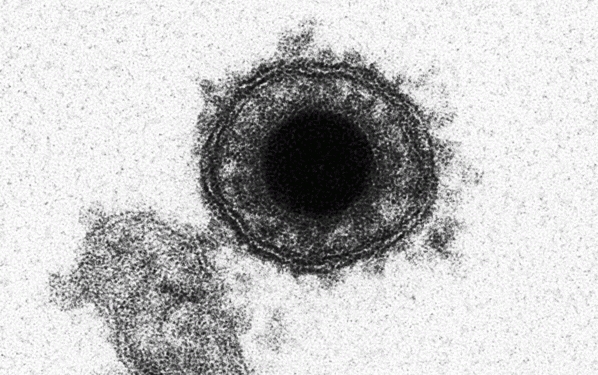Self-boosting vaccine could give single-shot immunity
Ars Technica » Scientific Method 2012-11-24

Vaccines are one of the most successful public health interventions we've developed—a simple injection can lead to a life-long immunity to disease-causing agents. But not every vaccine is so successful; for a number of agents, regular booster shots are needed to prevent immunity from fading. But researchers are starting to look into a possible route around this problem: a self-boosting vaccine. The challenge will be making one that's safe and acceptable to the public.
Immunity works because some of the cells that recognize pathogens we're exposed to get set aside as "memory" cells. When the pathogen reappears, these cells are able to rapidly mobilize an assault on the invader, clearing it before it can even cause much in the way of symptoms. But some pathogens never manage to set off a full-intensity immune response, and the resulting memory gradually fades. To maintain immunity, sporadic re-exposures (either to the pathogen or another dose of vaccine) are needed. But, as with many other things, adults have a habit of forgetting these shots or putting them off.
But a paper published in PNAS earlier this week made me aware that researchers are now looking at ways to avoid the requirement for extra shots. A self-boosting vaccine would, with a single dose, give people regular re-exposure to the proteins of dangerous infectious agents possibly handling several risks with a single dose. The downside? The method would involve giving the vaccine's recipients a lifelong viral infection.
Read 8 remaining paragraphs | Comments